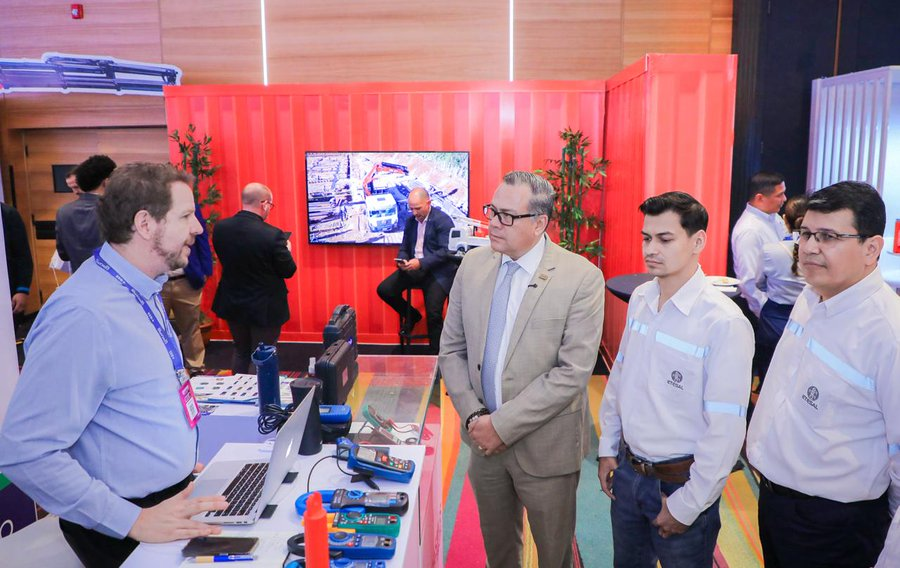
El Salvador continues to make progress in modernizing and diversifying its energy matrix, a key strategy for increasing national competitiveness and supporting economic growth in sectors such as industry, tourism, housing, and technology.
During the Convención de Centroamérica y Panamá (Concapan), organized by the Instituto de Ingenieros Eléctricos y Electrónicos (IEEE), the president of the Empresa Transmisora de El Salvador (ETESAL), Edwin Núñez, presented the progress made in expanding the country’s electricity transmission system. His speech highlighted how investment in energy infrastructure has become a fundamental pillar for ensuring a more efficient and secure supply that is adapted to growing demand.

Núñez explained that El Salvador is at a turning point, driven by structural improvements that have encouraged investment and economic growth. He said that the transformation is not only reflected in areas such as security, but also in the energy sector, where technological innovations and strategic projects have been incorporated to strengthen the capacity of the national system.
The transmission system expansion plan seeks to ensure that the country has the necessary infrastructure to respond to the challenges of an evolving energy market, as well as to support the installation of new industries and the growth of technology companies that have begun to establish operations in the territory.
Concapan brings together experts and leading companies to analyze disruptive technologies that are transforming engineering and industry. At this event, El Salvador reaffirmed its commitment to a modern, diversified energy matrix geared toward sustainable economic development.
The actions presented consolidate the country’s position as a regional player committed to innovation and strengthening its energy system, a key condition for attracting investment, boosting productive growth, and ensuring a more competitive service for households and businesses.
You can also read:






